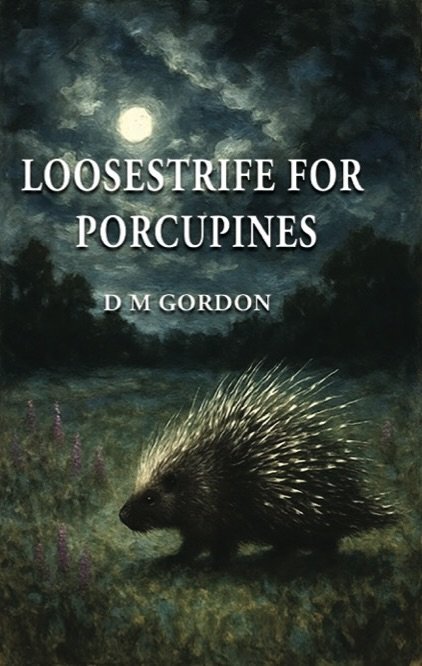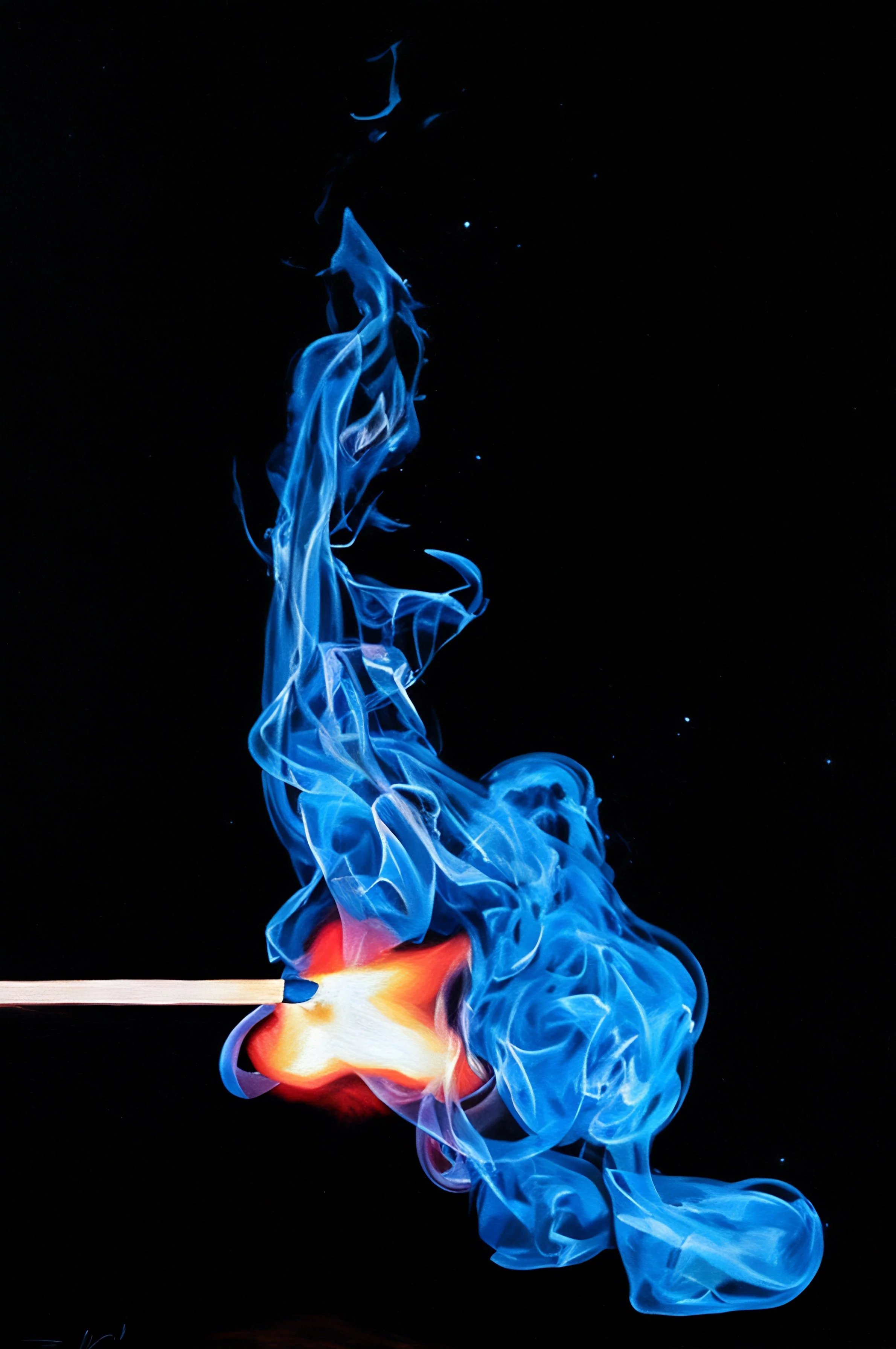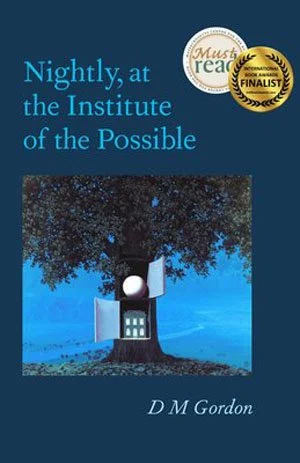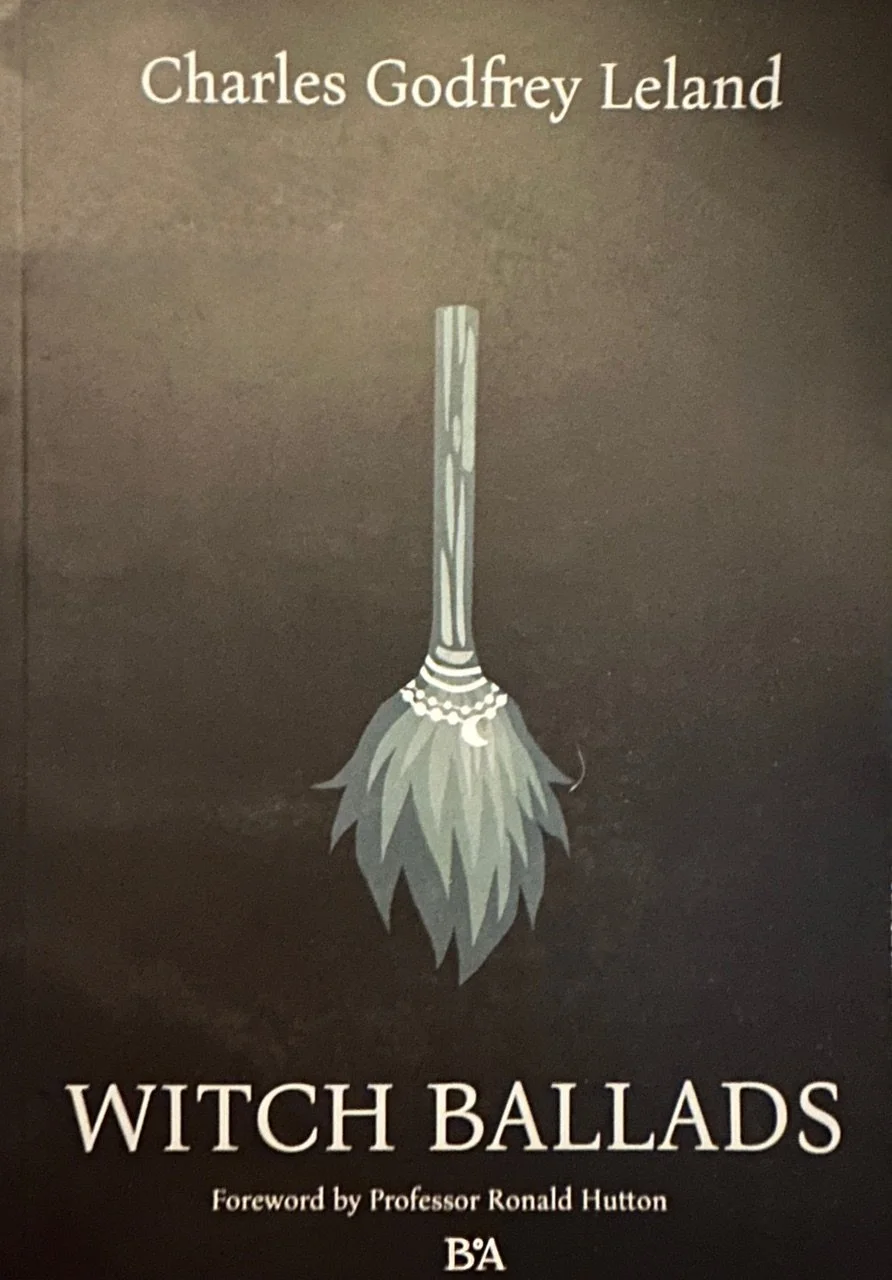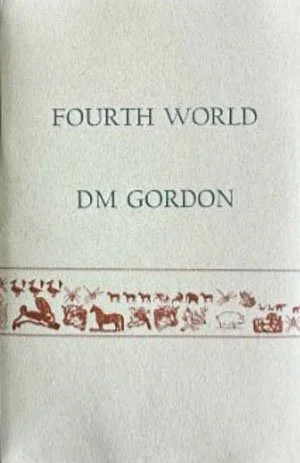LOOSESTRIFE FOR PORCUPINES, poetry
Blue Light Book Award, Finalist
“Seldom do we have the privilege of seeing through eyes so open, so discerning, so disconcerting. Refusing the illusions with which we too easily screen reality, these are poems whose mastery of craft enables their clarity of vision, whose cadenced language and wit enlivens poems that seem written for our threatened time. How I admire their candor, the cool stamina of these poems, along with their warm affection, their knowledge of pasture and parlor, the full keyboard: This is all, nature and art.”
Eleanor Wilner, Before Our Eyes: New and Selected Poems, 1975–2017
“Loosestrife for Porcupines is a beautifully crafted reflection of the intimacies of the natural world. Here, fiddler crabs raise their machine-gun claws like tiny gangsters. Named and nameless winds begin to stir. Balanced against these appreciations comes listable sorrows, from the swollen oceans and the albino crows of Chernobyl to stars disappearing over the shifting bones of an aging planet. Inevitably, Gordon turns to us and asks, without judgement or malice, have we been wise? Craving joy, keenly insightful as they are compassionate, these stunning poems – both individually and collectively – are a timely and necessary gift.”
Mary A Koncel, The Last Blonde
Launch date, Wednesday, March 25 at Forbes Library in Northampton, MA, and livestream on Youtube. Stay tuned for more information!
GABRIEL, a novel
Sibylline Press (2027)
UPCOMING
Gabriel, the boy, is lost. He's living on a small Canadian island with his great aunt, and when she foolishly takes off in a rowboat in a spring storm and doesn't come back, he's forced to move in with an old woman with memory impairments and a parrot. Making his way through an ensuing cast of characters and living situations on different islands, he finds his way back to his beloved brother and grandparents in Montana. But it's not the haven he'd dreamed. A tragedy ensues, and he must decide who he is and where he belongs.
EDDA, a novel
Sibylline Press (2028)
Set in The Great Depression and WWII, Edda traces two lives on different trajectories. Edda is a high-end sex-worker. She would be in command of her life, except for her unshakeable, decades-long attachment to a Hades-like character, who first ensnares her in a love nest in Underground Seattle. Clarence is a Los Alamos chemist, traumatized by the outcome of his work and, as it's mid-20th century America, sublimating his homosexuality. Edda also has a wild daughter Rose and an ugly dog. When the love of her life takes off with her daughter, and Clarence is struggling with loss and trauma, they are thrown together at a Seattle racetrack, an unlikely pair towing a ruined thoroughbred to Montana, where healing can begin.
PAST PUBLICATIONS
NIGHTLY AT THE INSTITUTE OF THE POSSIBLE, poetry
Hedgerow Books
Finalist for the Massachusetts Book Award. “Gordon’s poems, like Frost’s, tell untruths because they are aware of all the tricks imagination plays to placate us in our loneliness, our longing, and our limitations. And the untruths are divine because these poems do imagination’s work, picturing the world and those who try to live in it, and by doing so, make it new over and over again.”
Michael Thurston, author of Houses from Another Street, and The Underworld in Twentieth Century Poetry: From Pound and Eliot to Heaney and Walcott
WITCH BALLADS, poetry by Charles Godfrey LeLand
Bibliotheca Alexandrina
Charles GodfreyLeland (1824-1903) is the author of Arcadia, or the Gospel of Witches (1899), a text which has had impact on modern Paganism and Wicca. His unpublished 19th century handwritten manuscript of poems about witches had been languishing in the Philadelphia Museum until Bibliotheca Alexandrina contacted D M Gordon to edit the unfinished work, resulting in a charming folkloric collection of original poems. Introductions by D M Gordon and Professor Ronald Hutton.
FOURTH WORLD, poetry
Adastra Press, Limited Letterpress Edition
Weaving the “Fourth World” of snails, ravens, squash bugs, and spiders in their imagined worlds with our human fragility, our power to destroy and to love, D M Gordon’s poems bring the readers face to face with the divine. Often allegorical, language-rich, and always illuminating. (Out of print.)

